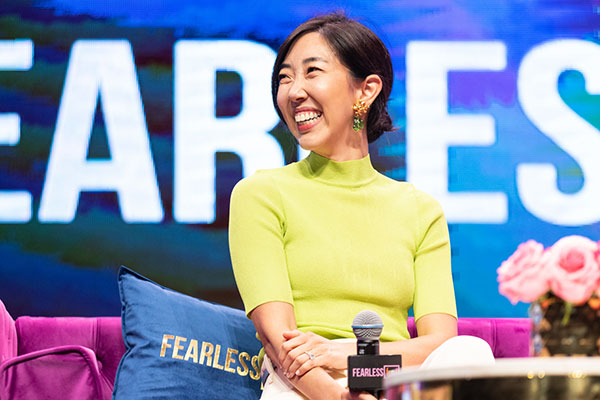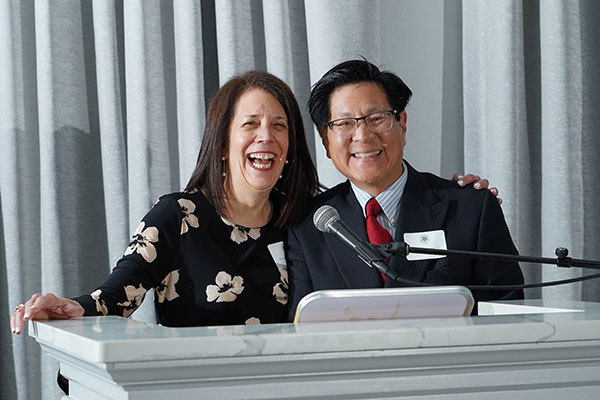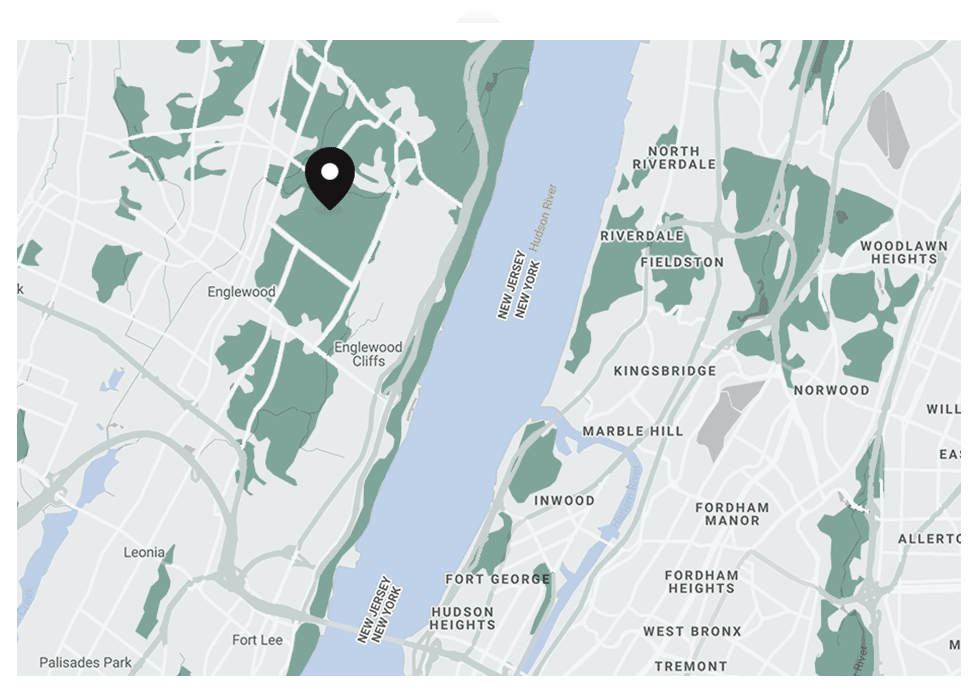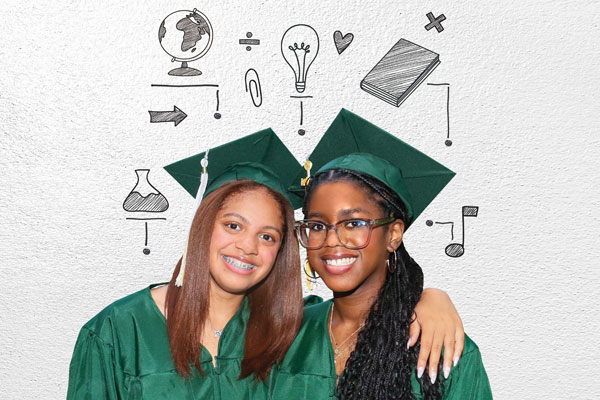Ever wondered what it’s like to go to a school where learning isn’t just about grades but about growing as a person?
At The Elisabeth Morrow School, we believe that knowledge is just one piece of the puzzle. We’re dedicated to nurturing well-rounded individuals who are emotionally intelligent, self-aware, creative, and capable of navigating life’s challenges with resilience. Our students are also critical thinkers, effective communicators, and collaborators. From our youngest learners to our graduates, we’re committed to fostering a supportive environment where every student can reach their full potential. Ready to see how we’re shaping the future?
BUILDING THE FOUNDATION
Our early learning division, for students age 2–kindergarten, is dedicated to fostering essential skills through engaging and intentional learning experiences. As Head of Early Learning Lauren Mactas explains, “The most formative years are ages 0–5, so we lay the groundwork during this profoundly critical time in a student’s life by focusing on equipping our students emotionally, socially, and academically for their journey ahead at EMS.”
Our youngest learners engage in group interactions and collaborations where they learn to express their thoughts clearly and listen attentively to their peers as part of learning effective communication skills. Students are also encouraged to make mistakes and take risks, offering a supportive environment for them to experience a full range of emotions. Teachers work closely with families to set reasonable expectations, guide children through peer conflicts, and help them understand how to use their time productively. This teamwork between parents and teachers is paramount in fostering each child’s development.
Heesun Lho ’98, who attended Deerfield Academy and Stanford University and now serves as the vice president of programs at the Tory Burch Foundation and is a member of the EMS Board of Trustees, offers an interesting perspective as an alumna and current parent to Caroline ’32 and Austin ’35. “Our eldest was able to explore, challenge herself, and gain confidence in Chilton House and to truly let her light shine. And our youngest is so happy to be at the same school as his big sister. They are so different, but I am excited to see how he will leverage all the opportunities and grow in his independence.” Similarly, Lho’s years at EMS were pivotal in building her confidence and the value of community. “I discovered my interests and what I’m good at and understood my value. I carried these skills through my entire academic career and beyond,” she says.
At boarding school, the confidence and community values Lho developed during her time at EMS allowed her to guide her peers as a resident advisor, serve as a tour guide, and become involved with multiple organizations, including the International Club. At Stanford, she led the largest student entrepreneur group, the Business Association of Stanford Entrepreneurial Students (BASES), and the Korean Students Association. “I was not intimidated to try new things,” she says.

EXPANDING HORIZONS
In our lower school division, students in grades 1–4 practice resilience through sustained effort. Whether it’s improving their writing or mastering math facts, the emphasis is on perseverance. Associate Head of School and Director of the Arts Amelia Gold says the mantra in Little School is “I don’t know it… YET,” reinforcing that every child has the potential to succeed. “Our school community is dedicated to celebrating each child’s progress with encouragement and care, fostering intrinsic motivation and a sense of pride in their achievements,” she says.
Gold, who has spearheaded our arts program for 32 years, emphasizes the importance of allowing students to be creative and explore their passions. “We want to make sure students can go wide and deep as they understand what inspires them. Music, art, storytelling, and other activities help shape their identity.”
Lamaar Jaswal ’14 discovered his passion for music through playing the violin and drums at EMS, while piano lessons outside of school further enriched his musical journey. He went on to explore other creative interests and delved into reselling sneakers with a classmate in sixth grade, which connected him with hip-hop culture. During his secondary school experience at Dwight Englewood School, he launched a clothing brand inspired by his love for fashion and music.
With a background in fashion from the Fashion Institute of Technology, Jaswal has carved out a successful career in the music industry. He currently manages artists and producers and has been a consultant at Warner Music Group for nearly four years. He shares how he has carried the tradition of the 4 C’s — Courtesy, Consideration, Cooperation, and Compassion — with him to this day. “My business is relationship-based, so it’s important that I treat everyone the same, with kindness and respect. I have always led with that. It’s something I brought from my time at EMS.”

UNLOCKING POTENTIAL
In our middle school division, the emphasis for grades 5-8 shifts to sharpening skills that will carry students through secondary school and beyond. Critical thinking takes center stage, woven into advanced coursework and research projects that require deep analysis and evaluation. This isn’t just about filling in bubbles on a test — students are pushed to ask tough questions, dig into information, and think critically about a range of topics.
According to Head of Middle School and Director of Secondary School Placement Jed Silverstein, Ph.D., “Middle school is also a pivotal time for kids as they begin to grapple with questions of identity and self-esteem. Who am I? What are my strengths? What areas do I need to grow in?” These aren’t just abstract questions — they’re the foundation of a program designed to help students navigate this tricky stage of life. In their advisory groups, guided
by a dedicated faculty member, students engage in both individual and group work that almost always involves collaboration. This setting provides a safe space for them to explore these big questions.”
As students progress through middle school, the most significant change we see is their growing ability to articulate what they need to work on and how to build essential life skills. They become more than just better students — they develop into self-aware, emotionally intelligent individuals ready to tackle future challenges. By becoming active participants in their learning and development, they acquire the skills needed to lead and succeed. As Silverstein affirms, “Faculty-teacher conferences are facilitated by the student — they lead that conference — using their own skills, which is a powerful provocation for their growth.”
By the end of middle school, our students are not regurgitating facts; they’re evaluating different perspectives, grappling with big ideas, and laying down the intellectual groundwork for what’s ahead.
Ken Chiang ’73, a graduate of Horace Mann School, Stanford University, and The Wharton School, who currently works in finance as the managing partner, CIO, and founder of Redwood Peak in Hong Kong, reflects, “The structure and environment at EMS fostered a deep sense of curiosity and a joyous process of learning that, although we didn’t realize it at the time, sparked a lifelong love of discovery. From the morning handshake to the well-defined periods of learning and activity, it was all a testament to the values instilled in us. I was part of a peer group that I’m still friends with today, one that not only prepared us academically but also helped us develop the soft skills necessary to give our best in everything we do.”
Chiang adds that his time at EMS provided him with a well-rounded education comprised of critical thinking and creative development while fostering collaboration and leadership with classmates. “These skills gave me a firm foundation to grow at Horace Mann, all of which prepared me well for Stanford and my career in finance.”
At The Elisabeth Morrow School, our Vision of the EMS Graduate is one who excels academically and is equipped with the skills necessary for lifelong learning and success. Through our thoughtfully designed curriculum and supportive environment, we ensure that each student develops into a capable, confident, and compassionate individual, ready to meet the future with enthusiasm and pliability.
“It’s not about competition at EMS — it’s about creating the appropriate challenges and opportunities at the right time,” says Lho. “I experienced that as a student, and now I see it making a difference for my children and the next generation of graduates.”

There's No Better Time to Support Your Child's Education
Every time you donate to one of Elisabeth Morrow's dedicated funds, you help enrich the daily experiences of our community on campus. STEAM spaces are enhanced, library catalogs are expanded, scholarships are funded, and teachers are hired. Every day, you can see the impact your generous donations have on campus.


